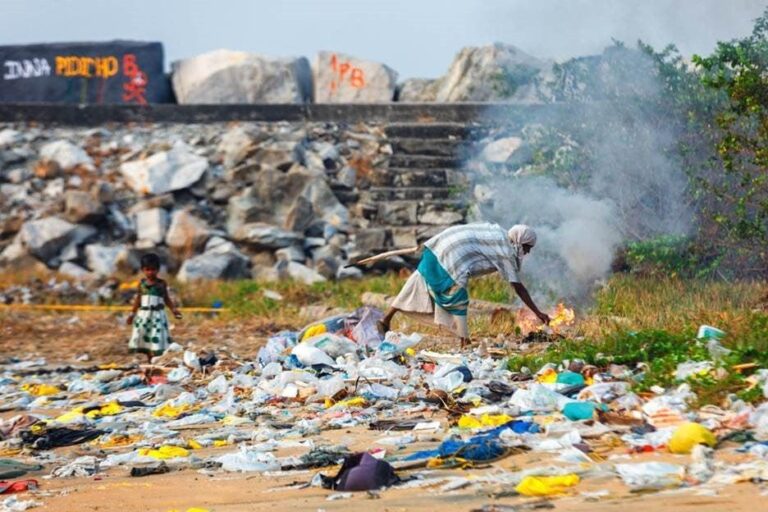A Dumpsite is No Place for a Child: The Study on Nigeria’s Young Waste Pickers
The alarming realities of child labor in Nigeria’s waste management sector have been brought to light in a recent study. The study highlights the serious risks young waste pickers face in their daily lives. Many children, some as young as five, scour dumpsites for recyclable materials, exposing themselves to hazardous conditions.
The Hazardous Environment of Dumpsites
Dumpsites are far from safe, presenting various dangers including toxic waste and dangerous machinery. Children working in these environments are at risk of serious health issues. Many children are unaware of the risks associated with handling waste, leading to potential long-term consequences on their health.
Impact on Education and Development
Child labor not only endangers health but also severely limits children’s opportunities for education. Many young waste pickers forgo school, sacrificing their future for immediate family income. The lack of education perpetuates a cycle of poverty, making it difficult for these children to escape the harsh realities of their environments.
Community and Family Dynamics
The involvement of children in waste picking is often tied to family economics. Families depend on the meager income generated by their children’s labor. This dependency makes it challenging to break the cycle, as parents may feel they have no other choice but to send their children to work rather than school.
Finding Solutions and Raising Awareness
Addressing these issues requires a multifaceted approach involving government action, community intervention, and increased awareness. It is crucial that local governments step in to create safer waste management practices. Additionally, community programs can provide educational opportunities, helping to divert children from dangerous work environments.
As this study reveals, urgent action is needed to protect these vulnerable children. We must advocate for their rights and well-being, ensuring that no child has to face the dangers of waste picking. For more insights on this pressing issue, read the full article here.

